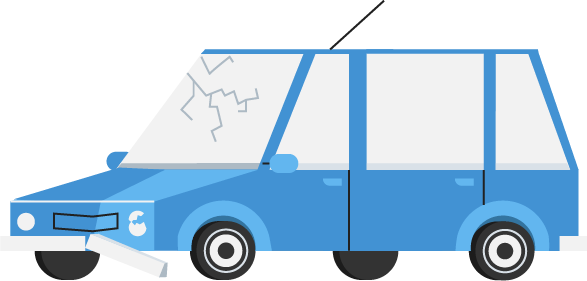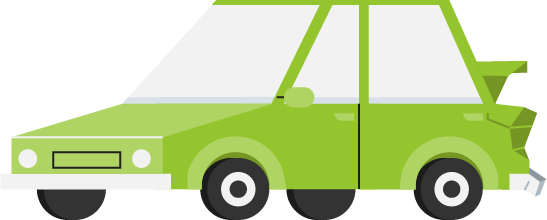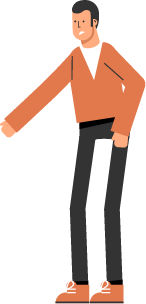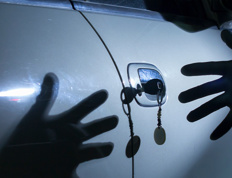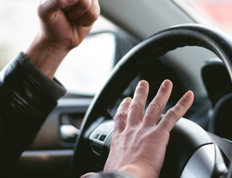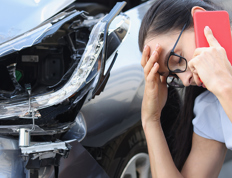- Don’t plan your trip during your usual sleeping hours.
- Don’t drive at night, when possible.
- Be aware of the signs of fatigue and drowsiness (yawning, itchy eyes, trouble staying attentive, etc.)
- Slow down. The faster you drive, the faster your brain has to process the information, which makes a driver even more tired.
- Drive well rested.
- Eat light meals when you plan to be on the road.
- As the first sign of fatigue, stop in a safe place and take a 15-20 minute power nap.
Driver's fatigue: know your limits

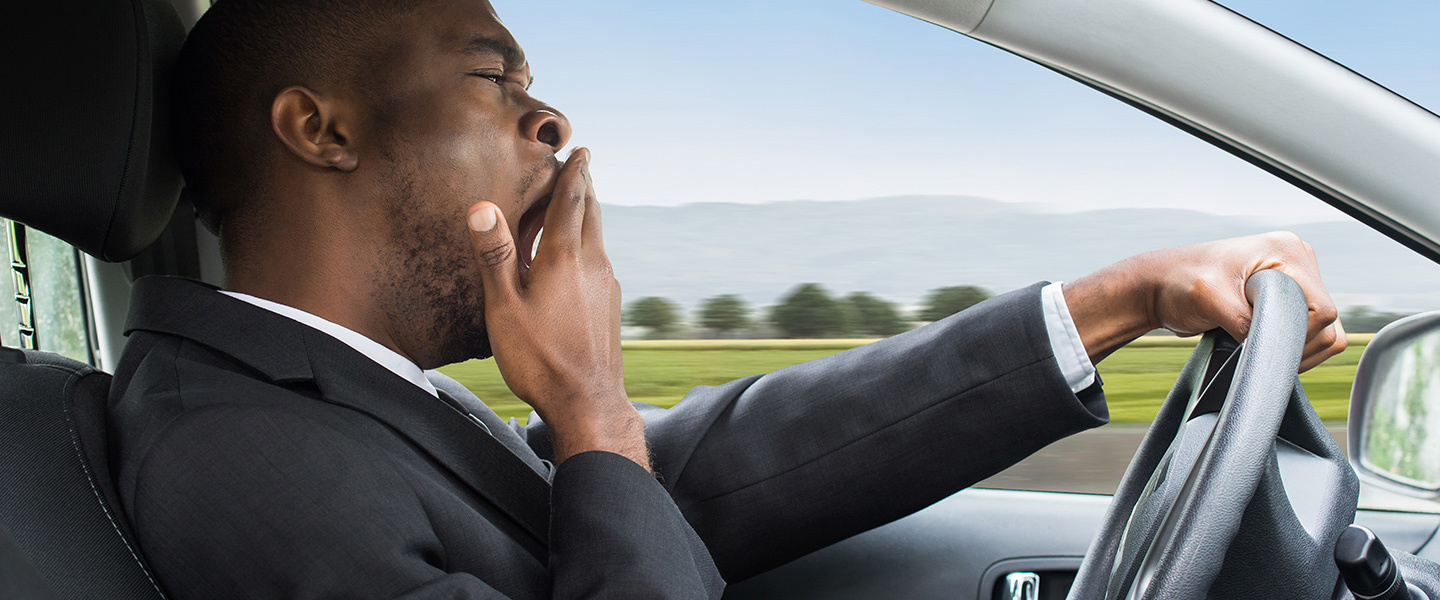
You may well be in a hurry to get somewhere, confident about your skills and reflexes, and finding solutions to stay awake. However, fatigue is something you can't control, even with a lot of willpower. Driver fatigue is one of the main causes of death on Québec roads, after speeding and drinking.
If you've been up for more than 17 hours, have an irregular schedule, or suffer from an untreated sleep disorder, you're at greater risk of suffering the effects of driver fatigue. The same is true if you've taken medication, alcohol or other drugs: these substances will only aggravate the fatigue you feel.
Fatigue can really impact your ability to drive. Take it seriously! Sleep debt has effects similar to consuming alcohol: lack of alertness, distorted perception, difficulty keeping your vehicle on a straight course, slower reaction time, etc.
While some drivers will try to fight fatigue in different ways, like drinking coffee, opening the windows, cranking up the music, there really isn't any way to cancel out the effects of fatigue.
The solution
There is a solution to this problem: rest! Often it's not necessary to sleep for hours to feel rested. A 15-20 minute nap is often enough to see you safely on your way. The benefits of a nap to help restore energy are well documented.
Tips to prevent you from driving tired
prevention
advice
distracted driving
preventive driving
accident
driver's fatigue








